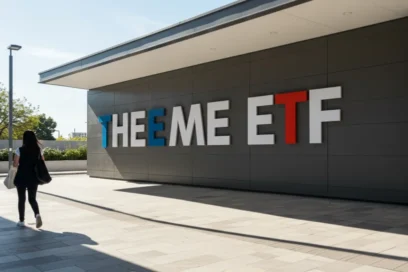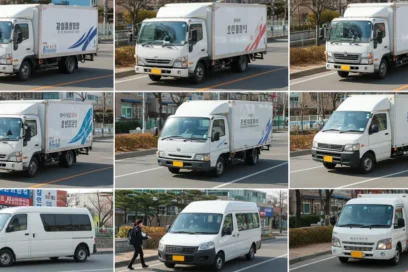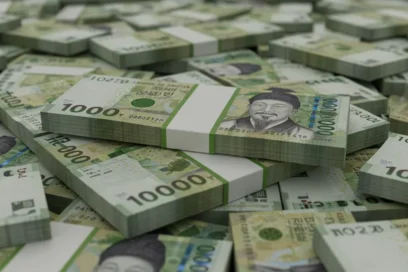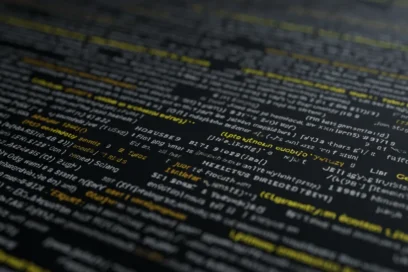Establishment of KRX: Merging Four Institutions
The Korea Exchange (KRX), www.krx.co.kr established in 2005, is the result of the merger of four separate entities previously operating independently: the Securities Market (Stock Exchange), KOSDAQ Securities Market, KOSDAQ Committee (handling listing and market monitoring), and the Derivatives Market (Futures Exchange). This consolidation marked a significant step toward enhancing the efficiency and competitiveness of Korea’s capital markets. If you would like to see the original text written by Korean, please click here. 한국거래소(Korea Exchange) 기능 및 역할
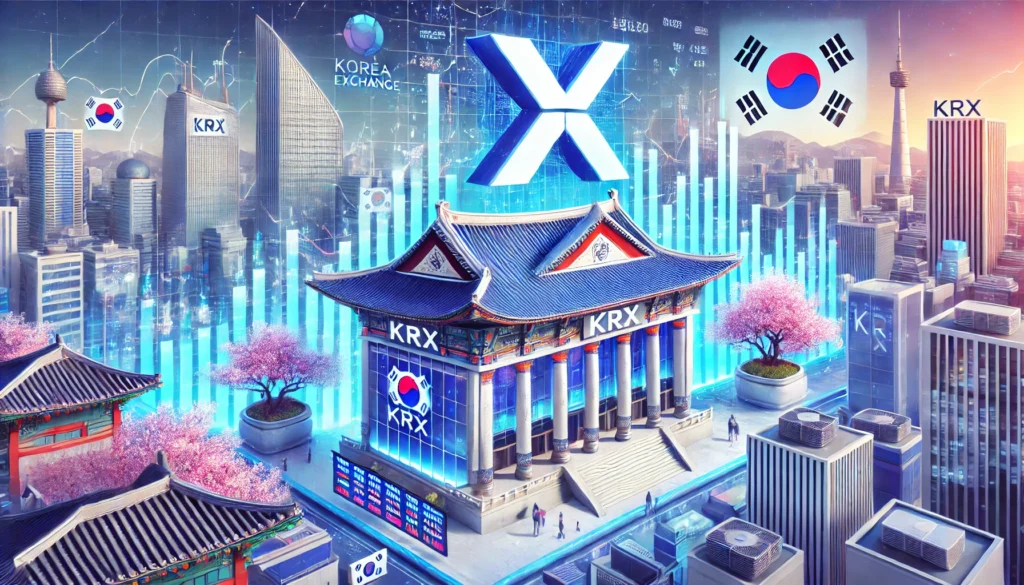
Key Benefits of the KRX Merger
Enhanced Trading Efficiency
KRX integrates trading across equity, KOSDAQ, derivatives, and bond markets. This unified management simplifies operations, reduces transaction costs, and provides investors with streamlined access to various financial instruments.
Improved Market Stability and Transparency
Centralized management ensures consistent regulations and market monitoring, reducing information asymmetry and enhancing market reliability. This framework safeguards fair trading practices and strengthens investor protection.
Increased International Competitiveness
As a unified entity, KRX improves foreign investors’ access to Korea’s financial markets, bolstering global confidence and encouraging capital inflows. The integration simplifies the understanding and participation in Korean markets for global investors.
Facilitation of New Financial Products
The consolidated structure enables efficient development and introduction of new financial products like ETFs, ETNs, and derivatives, catering to diverse investor needs and keeping pace with market trends.
Unified Trading Infrastructure
A centralized IT system and uniform trading regulations allow seamless trading across asset classes, reducing infrastructure costs and boosting overall efficiency.
Market Categories Managed by KRX
Equity Markets
KOSPI
Recognized as Korea’s primary market, this platform lists major global companies such as Samsung Electronics, Hyundai Motor, POSCO, and LG Electronics.
KOSDAQ
Launched in 1996 to support IT and venture companies, KOSDAQ focuses on high-growth sectors like technology, biotech, entertainment, software, and gaming.
KONEX
Created for startups and SMEs, the KONEX market facilitates funding for early-stage businesses and promotes a virtuous cycle of venture capital.
Bond
The bond market enables the trading of government bonds and other fixed-income securities, catering to diverse investment needs and promoting the development of the national debt market.
Securities Products
ETFs (Exchange Traded Funds): Tradeable funds tracking indices or assets like KOSPI200 and S&P500.
ETNs (Exchange Traded Notes): Debt securities linked to an underlying asset’s performance, issued by financial institutions.
ELWs (Equity Linked Warrants): Securities granting the right to buy or sell underlying assets at pre-determined terms.
Derivatives
This market deals with financial instruments derived from the value of underlying assets such as stocks, commodities, or agricultural products. It facilitates risk management for market participants.
Eurex-Linked
In collaboration with Germany’s Eurex Exchange, KRX offers nighttime trading of derivatives like KOSPI200 options, enhancing risk management and attracting global investors.
Commodities
This market handles physical commodities like oil, gold, and emissions trading.
Functional Roles of KRX
Listings and Oversight
Listing Reviews: Evaluating companies for listing based on financial health, transparency, and growth potential.
Post-Listing Monitoring: Managing delisting for non-compliance to protect investors.
Disclosure Obligations
Listed companies must disclose critical management and financial information transparently to ensure informed investment decisions.
Market Surveillance
KRX prevents illegal trading activities such as insider trading and market manipulation, ensuring fair participation.
Market Operations and Infrastructure
KRX ensures efficient market functioning, secure trading systems, and rapid settlement processes while mitigating settlement risks.
Development of Financial Products
Introducing innovative financial instruments and conducting investor education to foster informed decision-making.
International Collaboration
Partnering with global markets to attract foreign listings and support domestic companies seeking international listings.
Challenges: Addressing the “Korea Discount”
Recent corporate misconduct, including embezzlement and breach of trust, has undermined investor confidence in Korean markets. Between 2018 and 2024, there were 164 such cases totaling KRW 4.6 trillion in damages. These issues have led to trading suspensions and delistings, harming investors and intensifying the “Korea Discount.”
Strengthening Listing and Delisting Standards
While it is relatively easy for companies to list on Korean markets, the delisting process for underperforming firms is stringent. To protect investors and improve market resilience, KRX must enforce stricter eligibility criteria for listing and streamline the delisting process for problematic entities.
KRX plays a pivotal role in advancing Korea’s capital markets by uniting diverse markets under a single, efficient system. Its continuous efforts to enhance transparency, develop innovative products, and foster international cooperation are integral to maintaining a competitive edge in the global financial landscape.
To improve the structure of our stock market, listing eligibility and delisting criteria must be strengthened, and the review process should be expedited.



